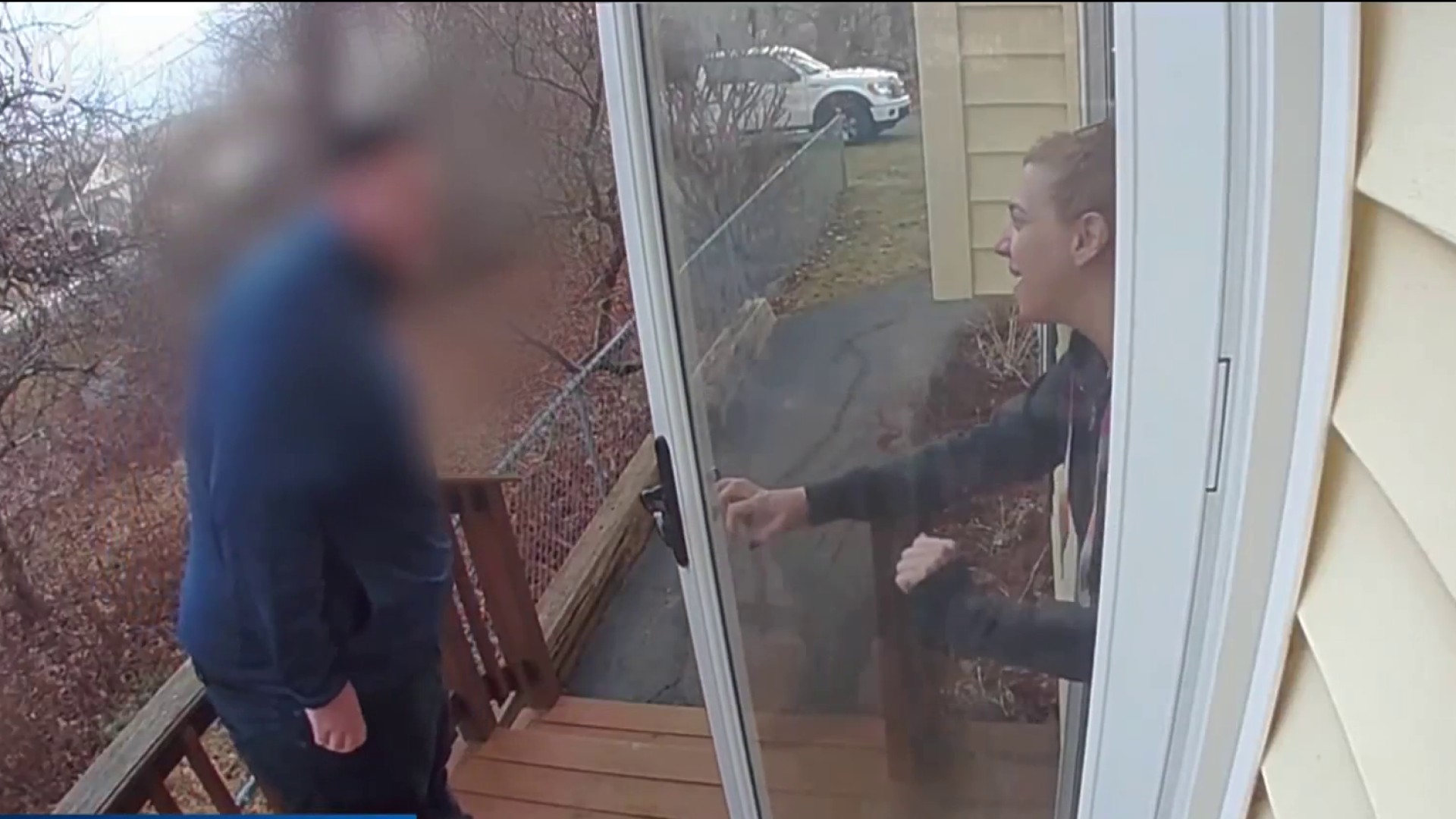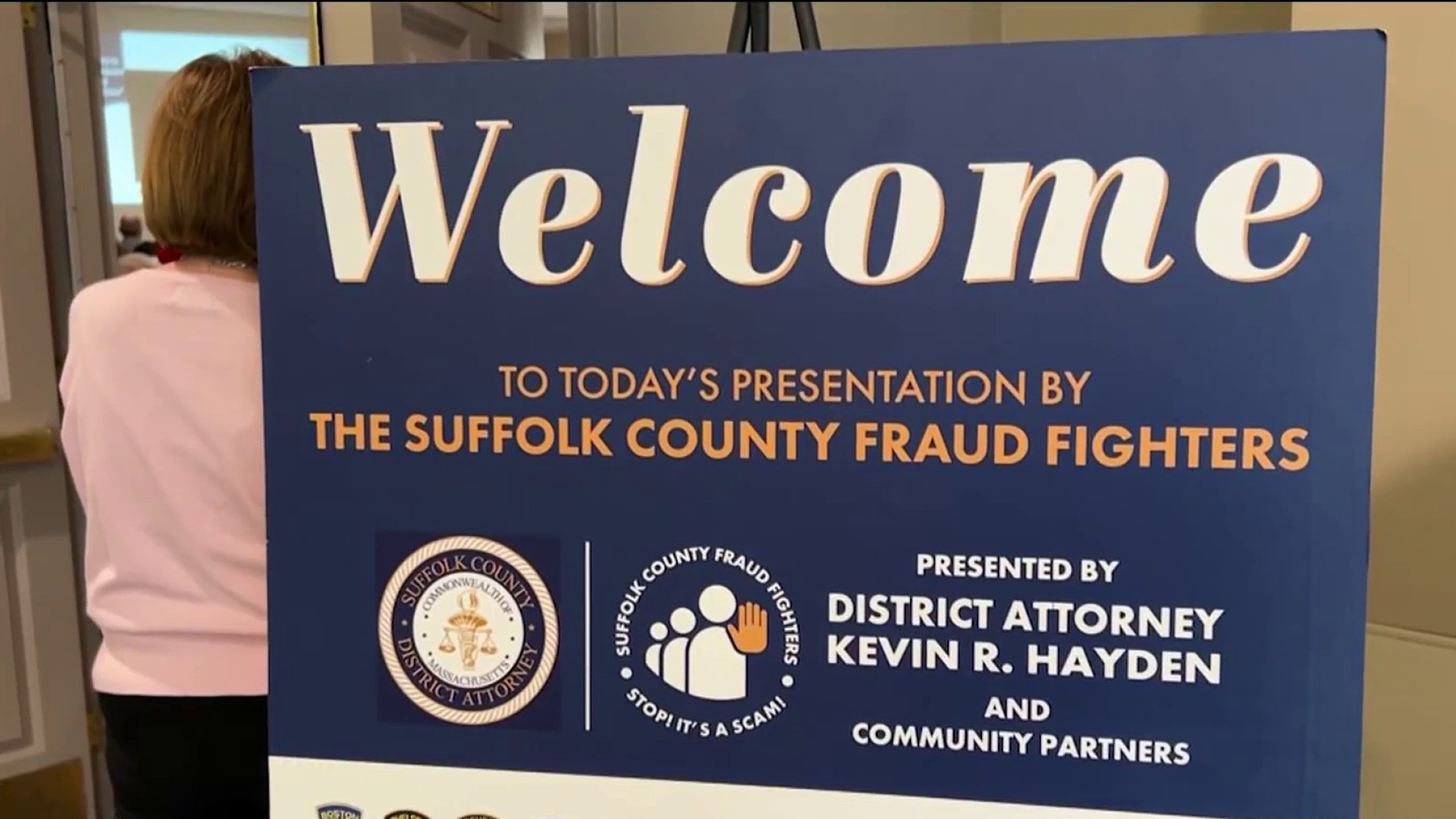Drivers are being targeted in a new scam.
The FBI and Identity Theft Resource Center say reports of toll road scams are rapidly on the rise and may be moving from state to state.
STAY IN THE KNOW
Watch NBC10 Boston news for free, 24/7, wherever you are. |
|
Get Boston local news, weather forecasts, lifestyle and entertainment stories to your inbox. Sign up for NBC Boston’s newsletters. |
"It’s definitely a well-executed scam. It's purporting to be a small balance owed that is easily settled,” says FBI Supervisory Special Agent Keith Custer.
The FBI says it has received thousands of reports of the toll road scam since March. It starts with a message saying you owe money for unpaid tolls. The texts contain convincing language and links that are created to impersonate the state’s toll service name and system, making them appear legitimate.
Get top local stories in Boston delivered to you every morning. Sign up for NBC Boston's News Headlines newsletter.
Here is an example of one of the bogus messages: We’ve noticed an outstanding toll amount of $12.51 on your record. To avoid a late fee of $50 visit myturnpiketollservices.com to settle your balance.
If you click on the link, it is actually going to take you to what looks like a legitimate toll service website and it asks you for information to pay the outstanding toll charge.
“I think the real challenge for people here is that all of the communication, the websites, anything that's incoming or that when they're clicking on the links, it is so legitimate looking,” says Eva Velasquez, President and CEO of the Identity Theft Resource Center. “These are sophisticated scams. You can't just eyeball these things and go, oh, well, that website doesn't look quite right. It hasn't been updated or it's fuzzy. They look absolutely real.”
If you click on the fake site, scammers can steal your credit card details and other personal information you provide.
“Unfortunately, a lot of consumers and people out there are busy folks and there’s lots of websites that need usernames and passwords and so those usernames and passwords are reused,” says Custer. “The scammers are essentially doing what’s called credential harvesting, so they are trying to collect these usernames and passwords and use them at places like Bank of America or Wells Fargo or Charles Schwab, anywhere where someone they may have a financial account and once they gain access to those accounts they can do some real damage.”
MassDOT says the targeted phone numbers in the toll road scam seem to be chosen at random and are not uniquely associated with an account or usage of toll roads. EZDriveMA will never request payment by text, and all links associated with EZDriveMA will include www.ezdrivema.com.
To avoid the scam, ignore any messages that claim you owe unpaid tolls. Any unsolicited texts, emails or similar messages suggesting they are from EZDriveMA or another toll agency.
With any unsolicited message, never click on a link, instead go directly to the source. In this case, that’s your state’s legitimate toll website where you can check your account directly.
“Here's one of the strongest proactive consumer protection steps that you can take,” says Velasquez. “Use unique passwords across all of your accounts, 12 characters or longer. Don't repeat it, use a unique one on every single different account. And that way, if one username and password is compromised, all you have to do is change that password. You don't have to go and change that password across multiple accounts, and you're making sure that the thieves can't get into your other accounts if it's compromised.”
“And more importantly still than that is to use two factor authentication so in addition to providing a username and password users should set up their account so they are required to input that six digit code that gets sent to your cell phone,” says Custer.
If you receive a suspicious message, contact the FBI Internet Crime Complaint Center at www.ic3.gov. Be sure to include the phone number from where the text originated, and the website listed within the text.
If you think for any reason that your identity has been compromised, the Federal Trade Commission has a website at www.identitytheft.gov and it will walk you through the steps you need to take to report the crime and protect your credit.




